Log in
Statistics
We have 484 registered usersThe newest registered user is mark5
Our users have posted a total of 48861 messages in 7215 subjects
THAT’S ENTERTAINMENT
CLICK ON ANY OF THESE LINKS TO FIND OUR EXTREME ENTERTAINMENT
UPDATED :
71 WGT TUTORIALS & 32 YOUNG46 TUTORIALS
CLICK HERE TO SEE OVER 100 YOUTUBE VIDEO TUTORIALS . FROM WGTers , WGT & YOUNG46 FORUM UPDATE
TO THE MANY WELCOME GUESTS . THIS FORUM IS NO LONGER A COUNTRY CLUB WEBSITE FOR A WGT COUNTRY CLUB . PLEASE FEEL FREE TO READ THE FORUMS.
THERE ARE MANY TOPICS OF INTEREST . OR NOT . THIS WEBSITE IS AN INFORMATION AND ENTERTAINMENT WEBSITE ONLY .
MUCH OF THE CONTENT IS ARCHIVES OF PURPOSES PAST .
THERE ARE SOME MORE CURRENT TOPICS .
REGISTRATION IS NOT NECESSARY TO READ THROUGHOUT .
REGISTRATION IS EASY AND FREE . THIS IS AN AD FREE WEBSITE . NOTHING IS EVER REQUESTED FROM REGISTERED MEMBERS .
REGISTRATION ENABLES COMMENTING ON TOPICS . POSTING NEW TOPICS . FULL ACCESS TO THE WEBSITE IMAGE HOST . WHICH IS A VERY COMPLETE AND CONVENIENT TOOL .
PLEASE ENJOY .
TIER & AVERAGE REQUIREMENTS
BASIC LEVEL AND AVERAGE REQUIREMENTS , AND SATURATION

WHILE YOUR HERE
WHILE YOUR HERE :
CHECK OUT THE INCREDIBLE PHOTOGRAPHY IN
MY SERIES
THIS USED TO BE THE HOME OF OUR WORLD CLOCK . WHICH CAN NOW BE FOUND IN ITS OWN FORUM ON THE MAIN PAGE ..
THERE ARE MORE WORLD CLOCKS INSIDE HERE .
WORLD CLOCK
FB Like
Who invented the internet?
Page 1 of 1
 Who invented the internet?
Who invented the internet?

A Brief History of the Internet
08 | 23 | 2021
“The internet will continue to grow in popularity until it is as mainstream as the telephone is today,” Microsoft founder Bill Gates predicted in 1996. He knew what he was talking about: By then, the technology that would eventually become the internet had been in development for at least three decades. Its invention is thanks to countless computer scientists who kept building on the findings of their predecessors. Without their hard work, we’d never know the pleasures of piano-playing cat videos and countless hours spent surfing the web.
The Cold War Inspired the Beginnings of the Internet
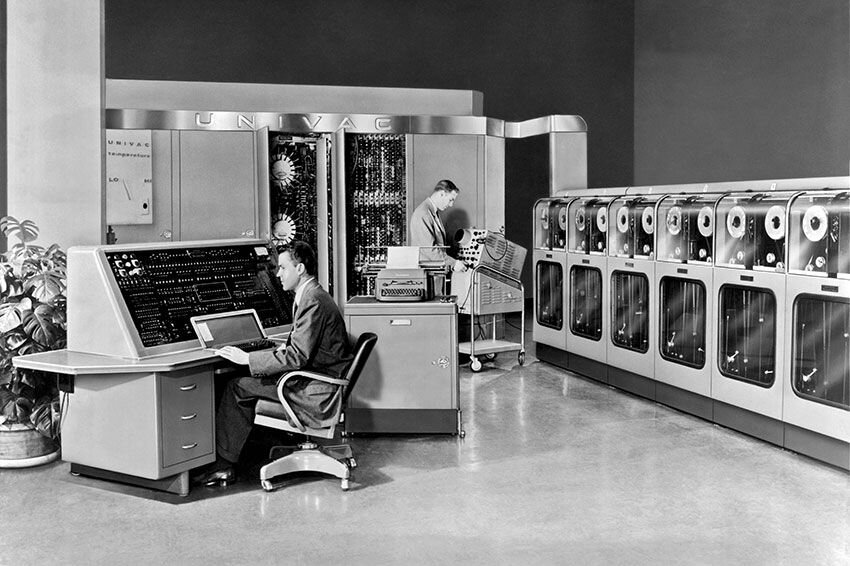
In the 1950s, the U.S. government was locked in a nuclear cold war with the Soviet Union. American officials realized they needed a computerized communication system that would survive in case of an actual nuclear war. Unfortunately, computers of the time were huge, complicated machines housed at universities and labs. People who wanted to use them had to be physically in the room with them
Scientists figured out a way to share access to mainframe computers among a small group of users, but each user could use only a portion of the computer’s power at a time. This clunky method exposed the need for a more streamlined and secure system.
Two Distant Computers “Talked” to Each Other for the First Time in 1965
In the 1960s, two Massachusetts Institute of Technology researchers, Leonard Kleinrock and Lawrence Roberts, devised the back-end of the early internet. Kleinrock developed the mathematical framework behind packet networks — basically, the ability to transmit small pieces (or packets) of data using a communication protocol.
Roberts experimented with this technology and, in 1965, created a simple network between two computers — one in Boston and one in California. He got them to “talk” to each other by exchanging packets over the network.
The ARPAnet’s First Message Was “LO”

Roberts, with Kleinrock, began developing a larger packet-switching network for the federal Advanced Research Projects Agency (ARPA) in 1966, with the goal of connecting government agencies and labs. Paul Baran at the RAND Corporation and Donald Davies at Britain’s National Physical Laboratory were also working on packet-switching networks at the time, but Roberts launched the first working system, dubbed ARPAnet, in 1969. At first, ARPAnet connected just four computer nodes. Kleinrock’s colleague at UCLA attempted to send the first message over ARPAnet to the Stanford Research Institute on October 29, 1969. He got as far as typing “LO” (for “login”) before the system crashed. (They eventually got it to work.)
TCP/IP Presented the Rules for Cyber Communication
By the early 1970s, other packet-switching networks had joined ARPAnet in cyberspace. Each network used a [url=https://www.darpa.mil/attachments/(2O15) Global Nav - About Us - History - Resources - 50th - Internet (Approved).pdf]slightly different[/url] protocol for sending packets. Robert Kahn, Roberts’ colleague, realized those differences would likely cause disruptions as more networks tried to communicate. He and Vinton Cerf, a Stanford University colleague, attempted to come up with a way to make all of the computers in the networks think they belonged to the same system. If they designed a universal protocol, anyone would be able to “build a piece of internet” and connect to others in a decentralized, open network, Cerf told WIRED. Their “rules” for communication eventually became the Transmission Control Protocol/Internet Protocol (TCP/IP), which makes the World Wide Web, email, and many more applications possible.
The World Wide Web Allowed Anyone To Join the Digital Revolution

Before the invention of the World Wide Web, the text-based, non-searchable internet was the opposite of user-friendly. In 1989, Tim Berners-Lee, a scientist at the Swiss research facility CERN, invented a system using software called Hypertext (and its coding language, HTML) to link data across the internet in a “web” of information. Berners-Lee also created the very first website, a plain page of blue hyperlinks explaining how the World Wide Web worked. Arguably, the birth of the web we know and love occurred on April 30, 1993, when CERN put the web’s source code in the public domain. After that, anyone could use the code to build websites and link them to other sites.
The First Browsers Introduced the Web to Millions More Users
The earliest versions of the web could run only on a specific type of computer, limiting the number of potential users. Marc Andreessen, a student at the University of Illinois, worked with the school’s National Center for Supercomputing Applications to co-create Mosaic, the first web browser. Released in 1993, Mosaic could be downloaded for free and operated on any computer, which made surfing the web easier for non-techy types. It also displayed text and images in an intuitive way. Within a year, more than two million people were using Mosaic. Andreessen went on to launch Netscape Navigator in 1995, another hugely influential browser that opened the web to millions of users.
Billions Are Online Today

The internet’s commercial potential attracted a flood of investors and entrepreneurs in the late 1990s, leading to rampant market speculation. When many of the new tech companies and e-commerce sites failed to make a profit, the dot-com bubble burst. But from the wreckage of failed sites like Pets.com and Kozmo.com emerged the tech behemoths of today — Amazon, Google, eBay, Facebook — and thousands of smaller companies. Twenty-first-century technologies like smartphones, tablets, and apps have brought the internet to more users than ever before. The number of websites has grown from one in 1991 to 1.88 billion today. About 4.66 billion people are now connected to the internet, and nearly 93% of them access the web from mobile devices.
 Similar topics
Similar topics» Facebook’s Internet.Org Promises Free Internet For All
» THE INTERNET ARCHIVE
» TRIVIA GENIUS ANSWER PAGE
» THE INTERNET LIBRARY
» fix cpu running 100% on internet
» THE INTERNET ARCHIVE
» TRIVIA GENIUS ANSWER PAGE
» THE INTERNET LIBRARY
» fix cpu running 100% on internet
Page 1 of 1
Permissions in this forum:
You cannot reply to topics in this forum
 Events
Events







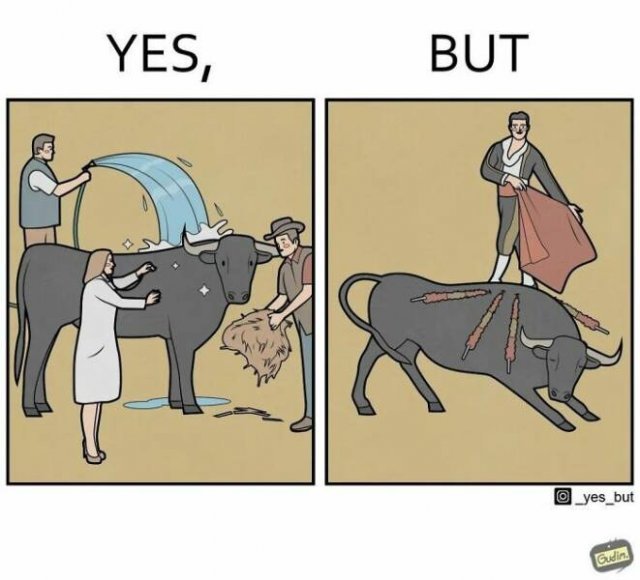
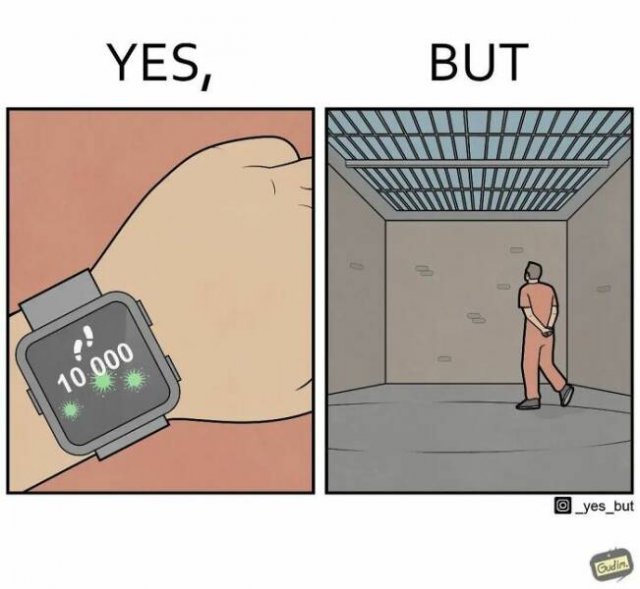

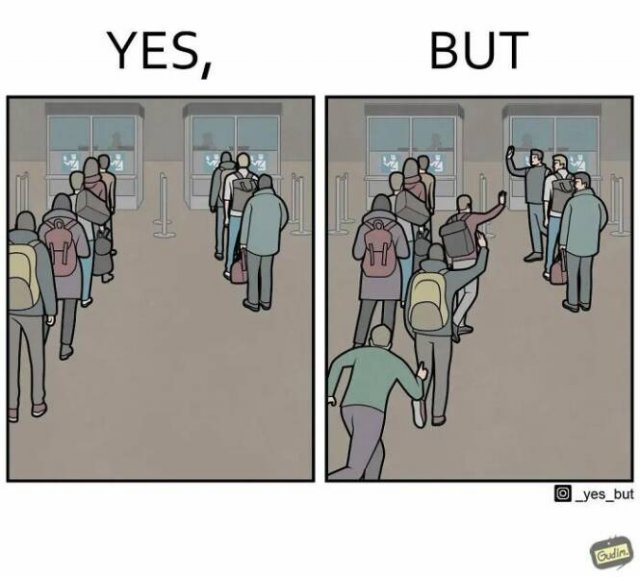

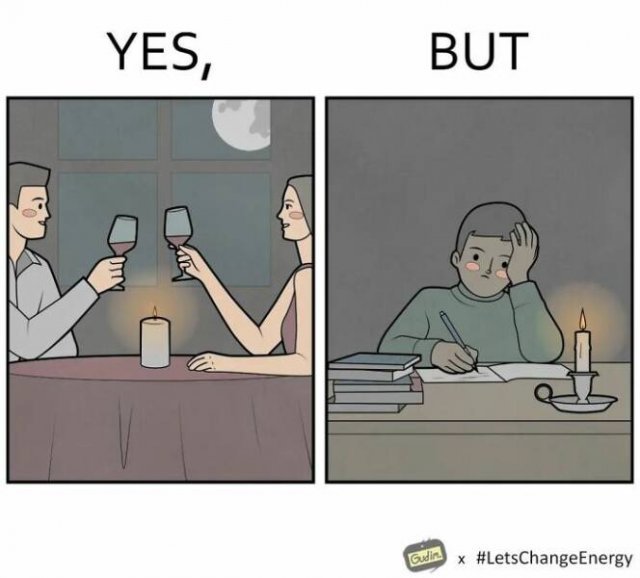
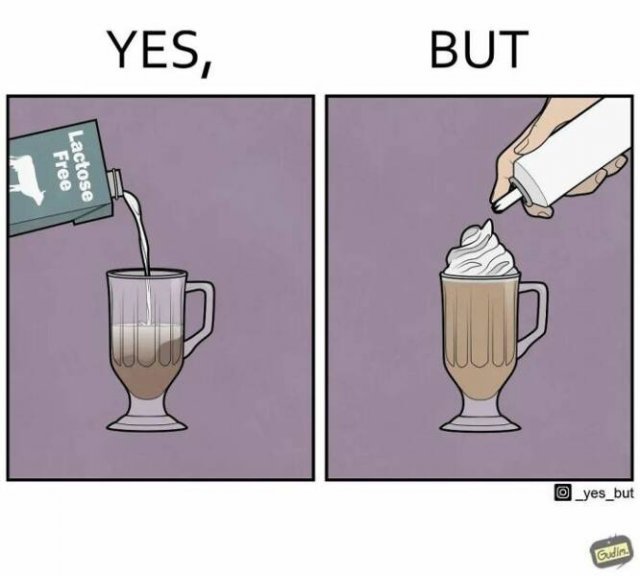










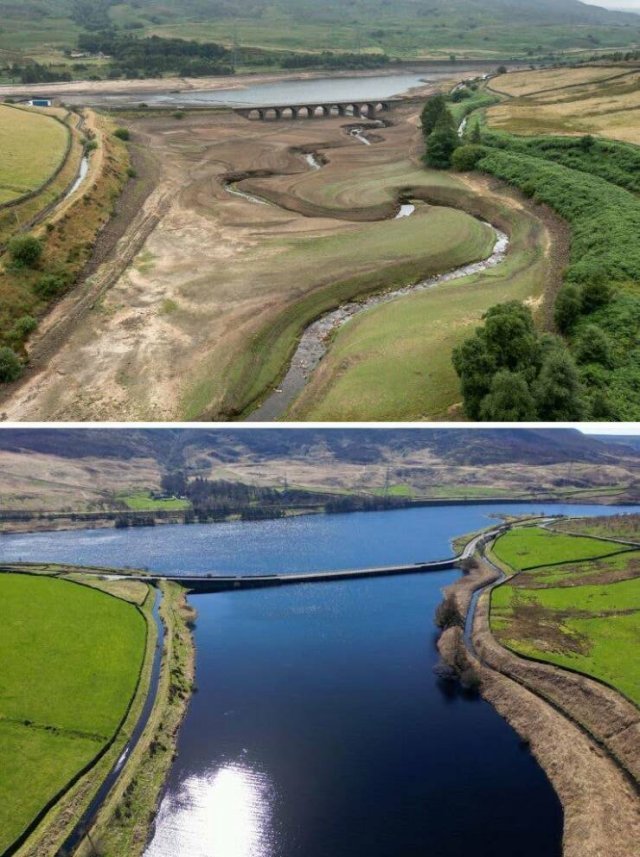























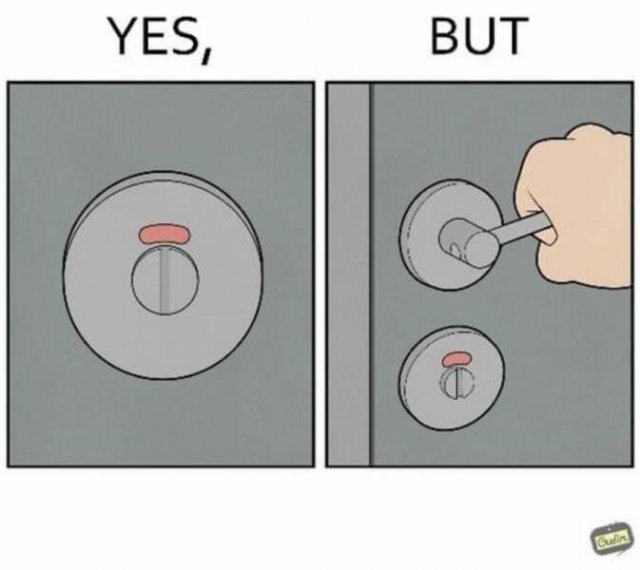

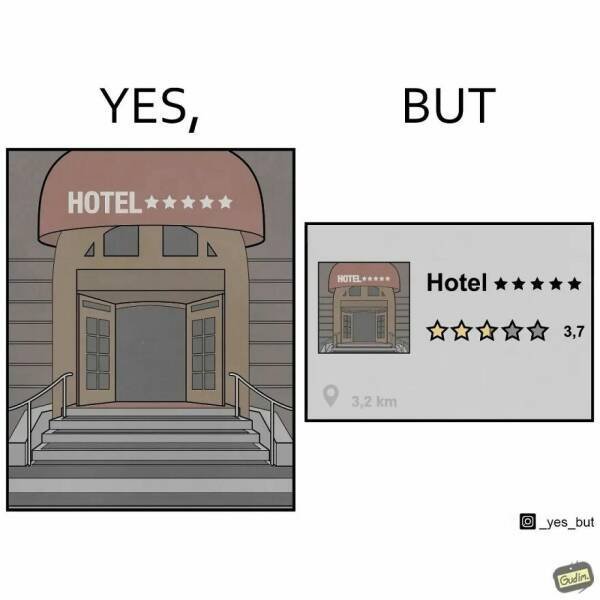
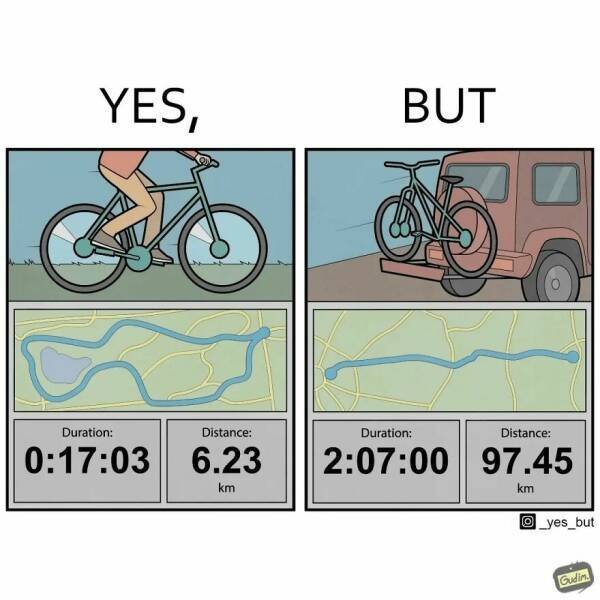


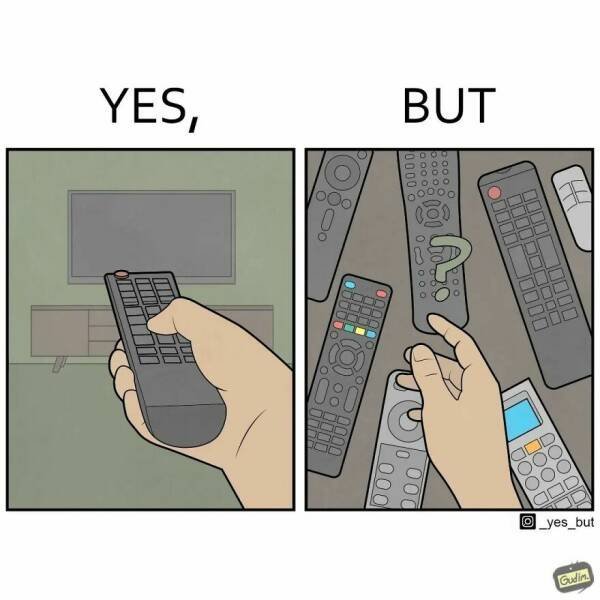


















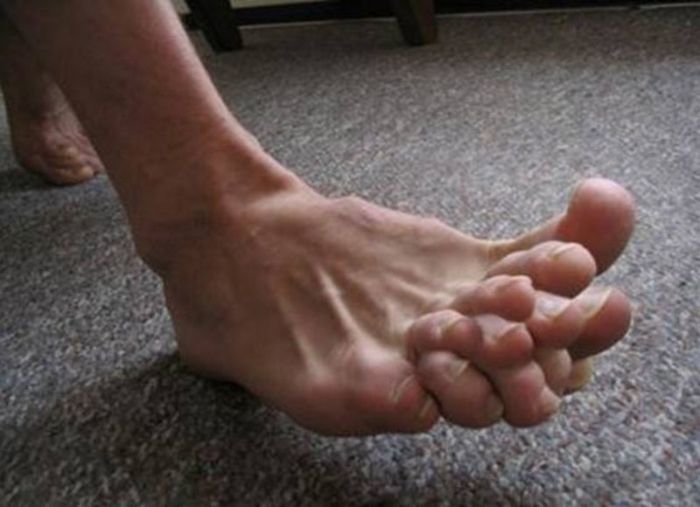










» Disneyland vacation
» UP & COMERS
» WGT POETRY , QUOTES , MOMENTS , & MORE
» Word Genius Word of the day * Spindrift *
» Tales of Miurag #3 in Paperback Patreon Story in December!
» Download WhatsApp
» WORD DAILY Word of the Day: * Saponaceous *
» Word Genius Word of the day * Infracaninophile *
» THE TRUMP DUMP .....
» INTERESTING FACTS * How do astronauts vote from space? *
» WWE Crown Jewel is almost here! Don't miss the action LIVE today only on Peacock!
» NEW GUEST COUNTER
» Merriam - Webster Word of the day * ‘Deadhead’ *
» WWE Universe: Your Crown Jewel Broadcast Schedule has arrived!